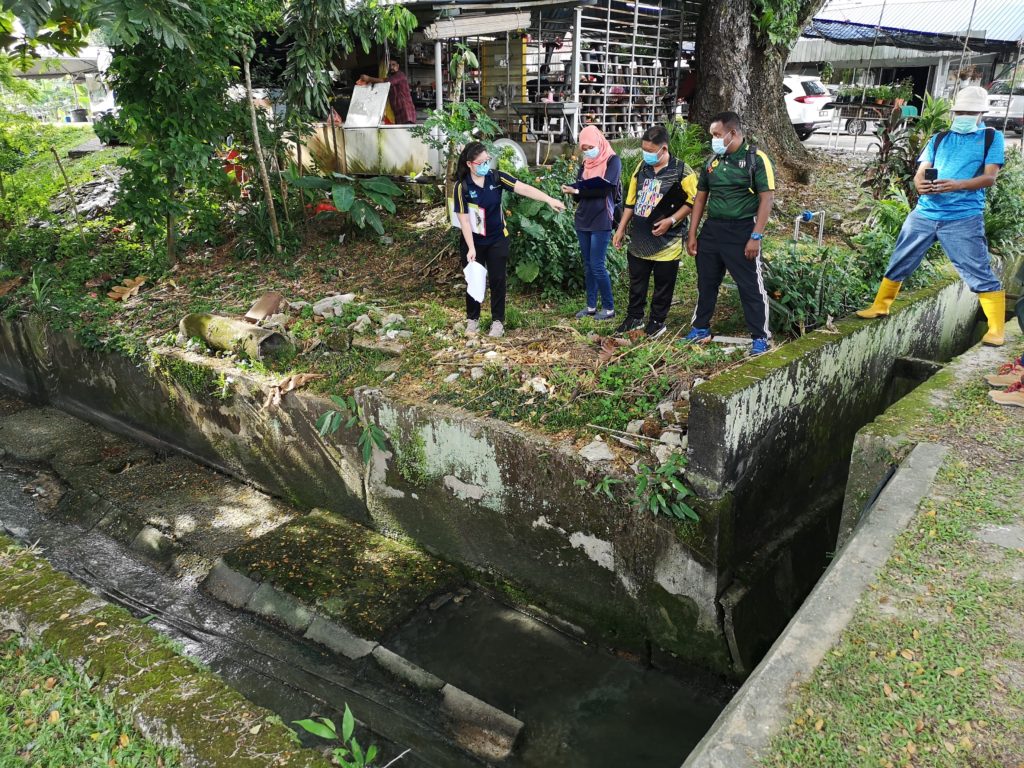Training of trainers: River Pollution Public Outreach Programme
On 5-6 August 2020, the Malaysian Capacity Development Network for Sustainable Water Management (MyCDNet) organised the Training of Trainers on River Pollution Public Outreach Programme. The course was MyCDNet’s first blended programme as a response to the present pandemic related restrictions. The first day of the programme comprised an online session and the second day included a site visit to the Klang River (limited to only thirty people).
The activity was jointly organised with Global Environment Centre (GEC) and Asia Pacific Environmental Consultants (ASPEC), with support from Cap-Net UNDP.
The objective of the training was to build capacities on monitoring and preventing river pollution through effective stakeholder engagement, river monitoring, pollution mapping, river auditing, and pollution mitigation aimed at water professionals, capacity builders, local authorities and others on public outreach programmes.
The training: part one
On the first day of the programme Dato Lim Chow Hock, the Network Manager of MyCDNet opened the webinar session. The webinar comprised of three segments:
· Current Status of rivers: Ir Noor Aishah Zaharin from the Department of Irrigation & Drainage Malaysia highlighted the current water quality status and current pollution scenarios in the country.
· River Pollution Management and Mitigation: Mr Mazhazuan Bin Harun of LUAS and Ms Pavitra from TechKem presented module 2 with examples of pollution mitigation measures undertaken and insights on advanced technologies available in Malaysia in ensuring that industries can treat their effluent to better qualities.
· Stakeholder Engagement and river action: Dr Kalithasan from the Global Environment Centre (GEC) focused on the importance of stakeholder´s engagement and how they can safeguard river quality through river auditing, pollution mapping and outreach efforts.
The training: part two
The most important take away from the second part of the training was the opportunity of an outdoor classroom. They learnt about river pollution mapping and mitigation, the source of river pollution, and the water quality parameters tested during the River Rangers Training.
The most important take away from the second part of the training has been the opportunity of an outdoor classroom. The River Rangers activity allowed participants to experience the polluted area of the Klang River at Taman Melawati (a commercial/residential area) as well as clean river at the River Resource Sungai Klang – Klang Gate in Taman Warisan.

Participants were able to understand the importance of river pollution outreach in safeguarding river health and they were trained on ways to monitor and detect river pollution. The diversity of participants will enable different sectors of the community to better promote river care and cleanliness.
